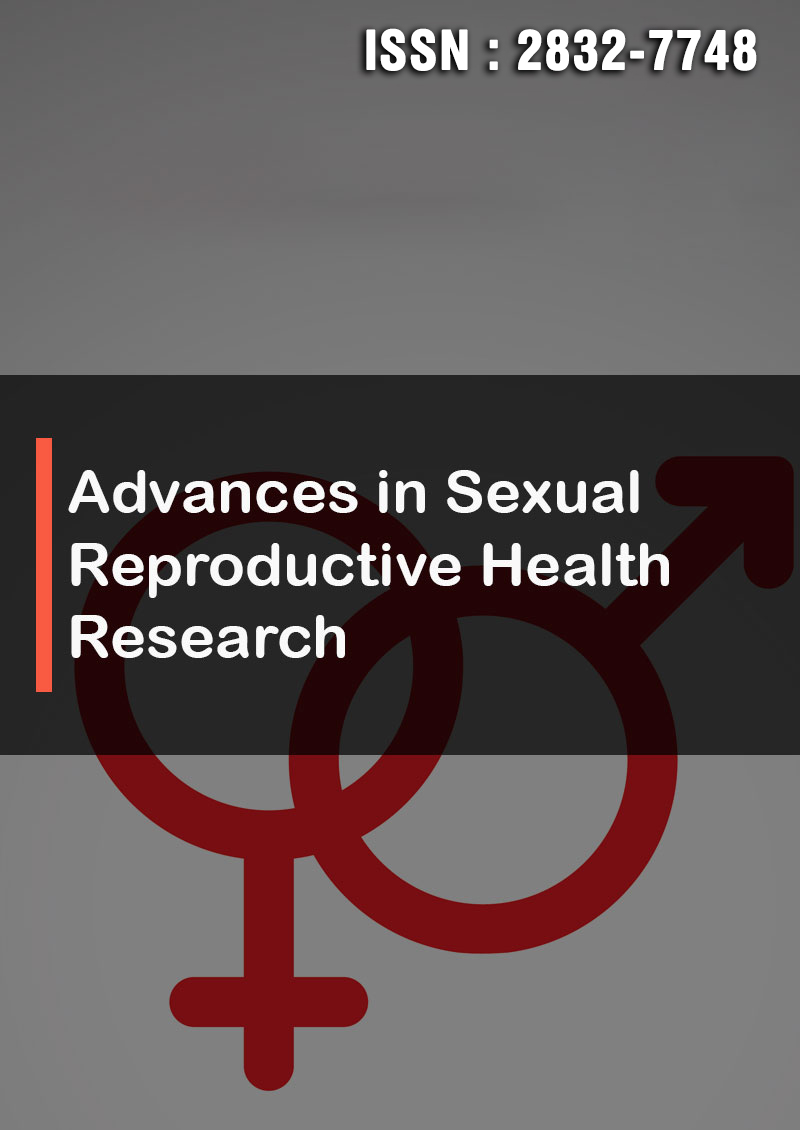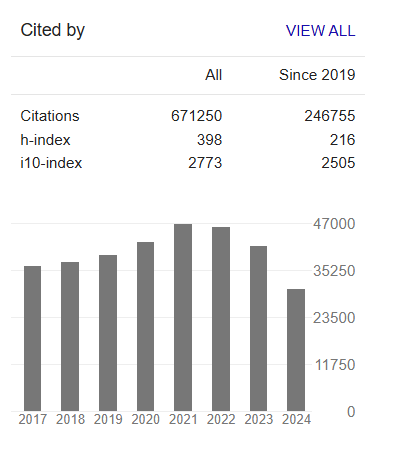Skills Laboratory Implementation Readiness and Associated Students Clinical Performance on Neonatal Resuscitation: A Cross- Sectional Study among Diploma Nursing Schools in Tanzania
Abstract
Dafrosa H. Haule, Stephen M. Kibusi, Secilia K. Ng
Background: Skills laboratory is one of the most important components in nursing education as it bridges the gap between theory and practice among nursing students.
Objective: Assessment of skills laboratory implementation readiness and associated student’s clinical performance on neonatal resuscitation among diploma nursing schools in Tanzania.
Methodology: The study employed quantitative approach, the study design was cross-sectional. The sample size was 384 students from four regions including; Dodoma, Manyara, Morogoro and Mbeya. Multistage sampling was used to select zones, regions, and district; while proportional sampling and simple random sampling were used to select students in respective schools. Data were collected through self-administered questionnaire, standardized checklist and OSPE checklist and analyzed by statistical packaged for social sciences (SPSS).
Result: The study had 384 participants’ with56.0% female and 46% male participants. Findings show that 55.6% school had inadequate requirement in terms of furniture, models and infection control requirements. 71.1% of the respondents had good performance on neonatal resuscitation with the mean score of 60.3 %. 60.9% had positive perception toward the use of skills laboratory, and it was found that there is association between SLIR and student clinical performance on neonatal resuscitation with (OR=3.822, CI: 2.306 -6.333, P= 0.000) and (AOR= 0.260, CI: 0.119-0.337, P= 0.001).
Conclusion: Most of nursing schools had limited requirements for skill laboratory implementation. The ministry of health training department should ensure that all government and non-government nursing institutions abide to the requirement set that they should have a well- equipped skills laboratory that will impact on students’ performance.




